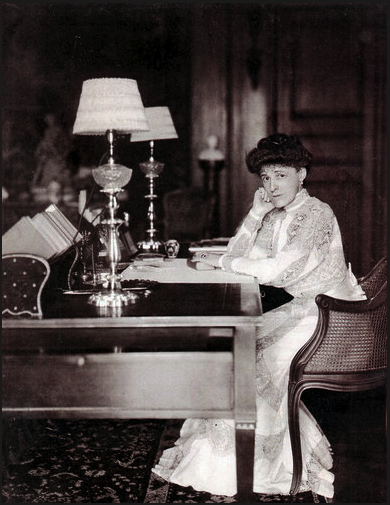I kicked off my New Year’s Reading Resolutions by picking up a book I would probably never have read otherwise: The View from Castle Rock, by Alice Munro. My only prior experience with Munro is her short story “Axis,” which didn’t exactly bowl me over, so I wasn’t sure what to expect.
This collection is divided into two parts. In the first are a handful of stories that trace the lives of her Scottish ancestors as they emigrate from the old world to southern Ontario in Canada. In the second part are another group of stories that explore life as it existed for her and her family in that same area many years later. An epilogue at the end does a nice job of tying the two sections together.
My verdict? I actually really liked the book. Maybe even loved it. Now, be forewarned: there are none of the terrible calamities or exultant climaxes that you might find in a more plot-heavy book. But her stories and descriptions and insights do make for some pretty fascinating reading.
Poring through this book is like visiting with the author as she pulls a box of old photos from the closet shelf and rattles off her haphazard memories. These are the types of people who lived here, she tells you. This was the flavor of their lives. This is how I imagine such-and-such happening. -I admit that it took a while to reel me in, but once I was there I was positively spellbound.
And if all of this sounds too much like chick-lit, let me toss out a just a few of her vivid descriptions. First, a patient in the hospital:
He wears a short hospital gown and sits in the wheelchair with his legs apart, revealing a nest of dry, brown nuts.
Ew, right? But the awesomeness continues with this conversation about a constipated dog, held over ham sandwiches and coffee:
“He started grunting and pissing and worrying at the mat. He was just crazy with the misery and wasn’t nothing I could do. Then about quarter past seven I heard the change. I can tell by the sound he makes that he’s got it worked down into a better position where he can make the effort. There’s some pie left, we never finished it. Would you rather have the pie?”
“No, thanks. This is fine.” I pick up a ham sandwich.
“So, I open the door and try to persuade him to get outside where he can pass it.”
The kettle is whistling. She pours water on my instant coffee. “-Wait a minute. I’ll get you some real cream. But too late! Right on the mat there, he passed it. A hunk, like that!” She shows me her fists bunched together. “And hard! Oh, boy, you should have seen it, like rock. And I was right”, she says, “it was chock-full of turkey quills.”
I stir the muddy coffee.
“And after that? Whooosh! Out with the soft stuff. Bust the dam, you did.” She says this to Buster who has raised his head. “You went and stunk the place up something fierce, you did. But the most of it went on the mat, so I took it outside and put the hose on it.” she said, turning back to me. “Then I took the soap and the scrub brush and then I drenched it with the hose all over again, then scrubbed up the floor, too, and sprayed with Lysol and left the door open. You can’t smell it in hear now, can you?”
“No.”
“I was sure good and happy to see him get relief, poor old fellow. He’d be the age of 94 if he was human.”
And here’s another where she discovers her childhood home is now the site of a car wrecker yard:
The front yard and the side yard and the vegetable garden and the flower borders, the hay field, the mock-orange bush, the lilac trees, the chestnut stump, the pasture and the ground, once covered by the fox pens, are all swept under a tide of car parts. Gutted car bodies, smashed headlights, grills and fenders, overturned car seats with rotten, bloated stuffing. Heaps of painted, rusted, blackened, glittering, whole or twisted, defiant and surviving metal.
It’s pretty good stuff. There’s a reason she’s won Canada’s Governor General’s Award three times. I heartily recommend the book.









